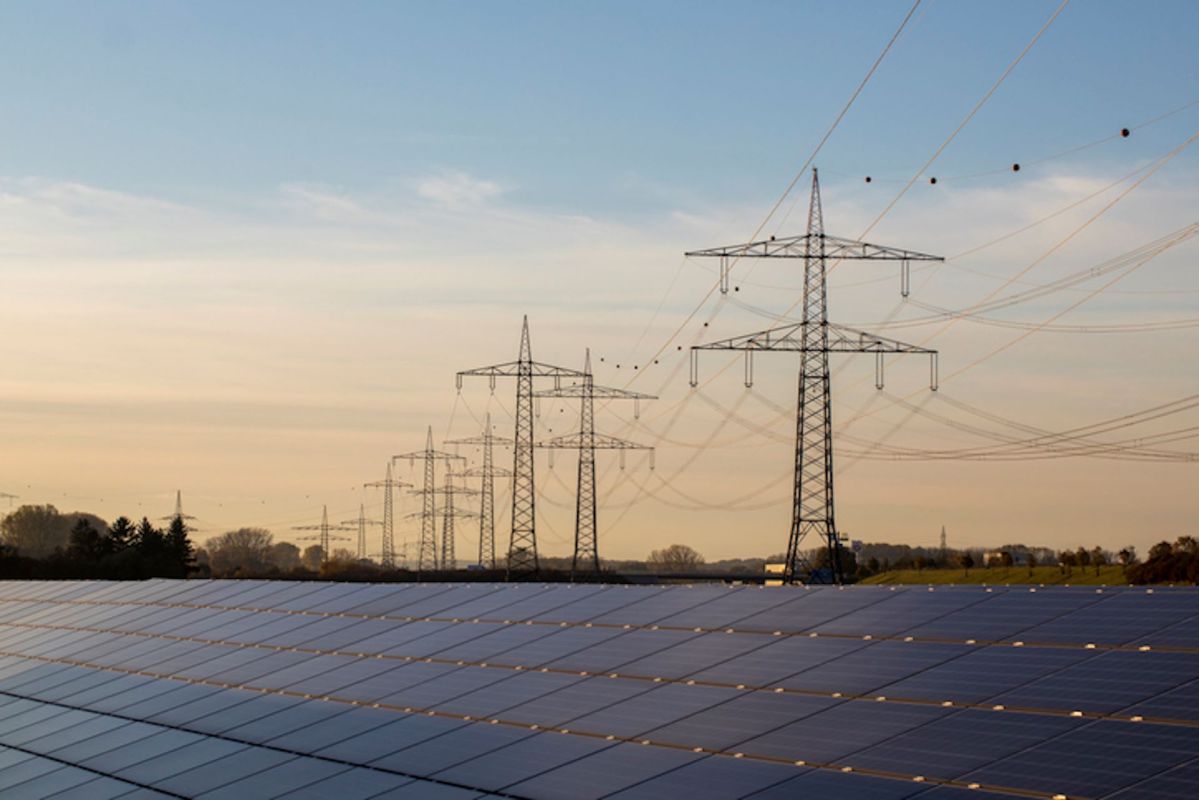The United States is looking to harness its mineral reserves as it charts a course to a greener future. To do so, updating an 1872 mining law is essential.
Developing new clean-energy technologies requires the use of these minerals. But miners' claims on federal land and bureaucracy are preventing or slowing progress.
What's happening?
The General Mining Act of 1872 allows miners to maintain cheap claims on federal land, develop projects in secret, and skirt environmental regulations, according to a government report summarized by the Washington Post.
The Biden administration is now trying to update this law, providing 60 recommendations to do so. Improvements could reduce the approval time for mining projects, which can take 16 years to begin commercialization after initial exploratory works.
Why is this a problem?
With the need to shift away from dirty fuel and towards more sustainable energy creation, vital minerals are needed now to increase the production of clean-energy technologies quickly.
As they stand, mining laws can make obtaining these minerals a slow process.
Deputy interior secretary and chair of the interagency working group Tommy Beaudreau told the Washington Post the 1872 law "is proving to be a recipe for local opposition, litigation and protracted permitting delays."
If the minerals cannot be sourced domestically, they must be acquired from overseas providers. In that case, the carbon pollution generated from international transportation and the reduced oversight of mines in other countries presents a problem.
Can a change in the law bring other benefits?
Updating the mining law will also benefit Indigenous communities, which are often overlooked when mining projects commence due to lack of regulation. The proposed changes would bring increased community engagement before the commencement of any project.
A statement from Earthjustice said, "This law has no environmental or community protections, does not require consultation with or consent from affected communities, and overwhelmingly privileges multinational mining corporations over frontline communities."
Despite opposition from mining companies and lawmakers, the first steps to improve a significantly outdated law are high priority. These changes will help increase the development of clean-energy solutions and increase input from the communities mining affects the most.
Join our free newsletter for cool news and actionable info that makes it easy to help yourself while helping the planet.









